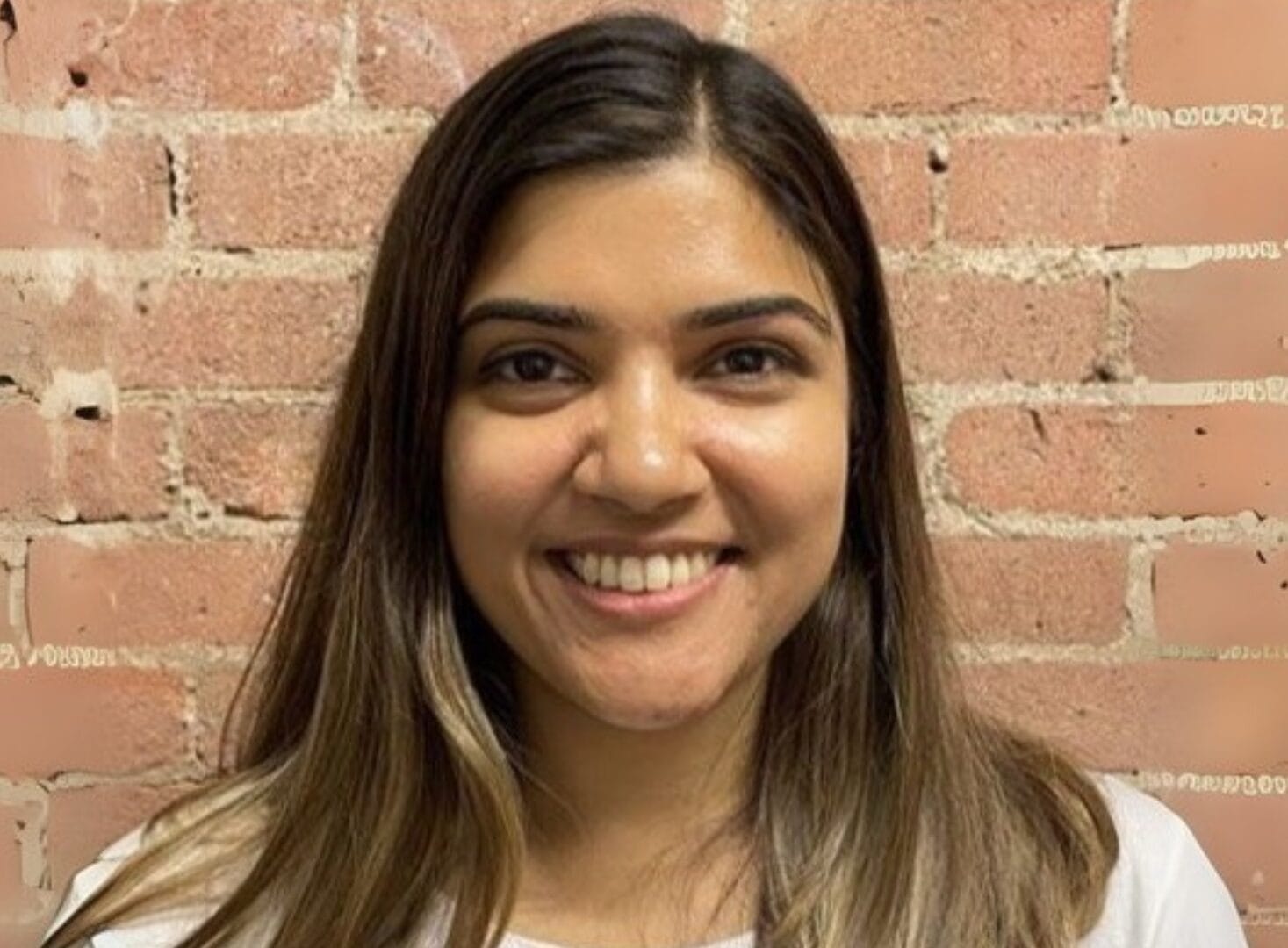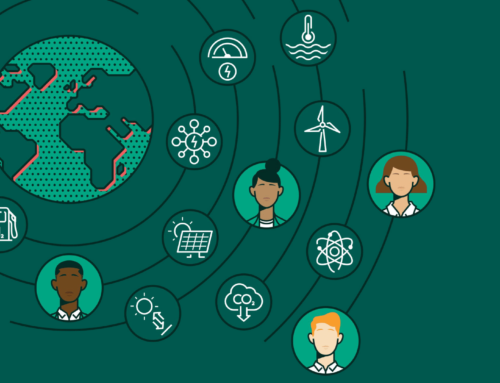Some news!
We are delighted to welcome our new programme lead, Trupti Patel to Sciencewise.
Trupti joins from Genomics England, and has previously lead research and policy at Race Equality Foundation and UCL.
We caught up with her to find out all about her motivation for joining Sciencewise. Read more below!
- Welcome to Sciencewise! Can you tell us a bit about yourself and your professional background?
Thanks! Yes, of course. So, originally I was a scientist. I did a PhD in Nanotechnology at a government lab but I knew pretty early on science in the lab was not necessarily for me! Although I enjoyed learning about science I was much more interested in its applications in the real world, the potential to help people but also potential to be harmful. So I decided to find something where I could look at science and society, initially as a researcher on various projects which sat at the interface of academia and policy and then as a practitioner.
- Can you tell us about how you first heard about Sciencewise?
When I was working in the Science and Technology Studies Department at UCL, I worked on a project with the European Commission on their future strategy for funding, Within that role I actually developed a case study on Sciencewise interviewing Simon Burrell and took this to the consortium as a good example case study which the UK was pioneering.
- What attracted you to the role of Programme Lead at Sciencewise?
As a national programme working with the public, Sciencewise has the potential to be highly impactful and can shape what decisions get made about research and innovation. It’s a great programme with a strong history and I am excited to be joining the team.
- What do you see as the biggest opportunities for public dialogue on science and technology right now?
Well, having just come from Genomics England I would say one major area would be public data for research. Another area I am keen to ensure we further develop is work on the climate, where we have already been doing such excellent work. . General consensus is that in order to achieve net zero, members of the public will need to be on board with major policy changes by government, because of the impact on everyday life for people across the UK.
- When did you first realise the importance of involving the public in research and decision making?
I was truly brought in to the need to involve the public in science when I came to the end of my second research position at UCL. It was just at the beginning of the COVID-19 pandemic and I had been working there during a difficult time in my personal life – my mum had passed away from cancer and I was finding working in academia challenging. Just as I came to the end of my time there, the Black Lives Matter movement was very live and the COVID hotspots around the country that affected members of non-European ethnic groups were becoming a major public concern. I made recommendations to communicate scientific advice differently. At that time the majority of information and advice was very top-down. Government officials and scientists were giving us our 4pm briefings. Traditionally, non-European ethnic groups have philosophies which emphasise collective decision making and a trustworthy custodian of healthcare information and advice would embody that. So I recommended co-production of information/knowledge be used and that information be provided via trusted community members and groups. It was a great example of an instance where reflecting on myself and how I operate, and my personal lived experience knowledge, I was able to impact upon people’s lives and help make the case for knowledge production and decision making which is more two-way. I reckon it was a year too late for my mum, but hopefully I used what I know, and the social capital of having an academic role, to help others.
- What are you most looking forward to in the coming months?
I am really looking forward to helping to scope out what our national dialogues should look like given the priorities outlined by government, and what the most important topics are. It is rare for members of the public to get a chance to shape how science is used, innovation is developed, and research is funded and I know no other programme of this type. It will be important for me to take a forward view on what is important to engage the public on and why, and build a case for it.





